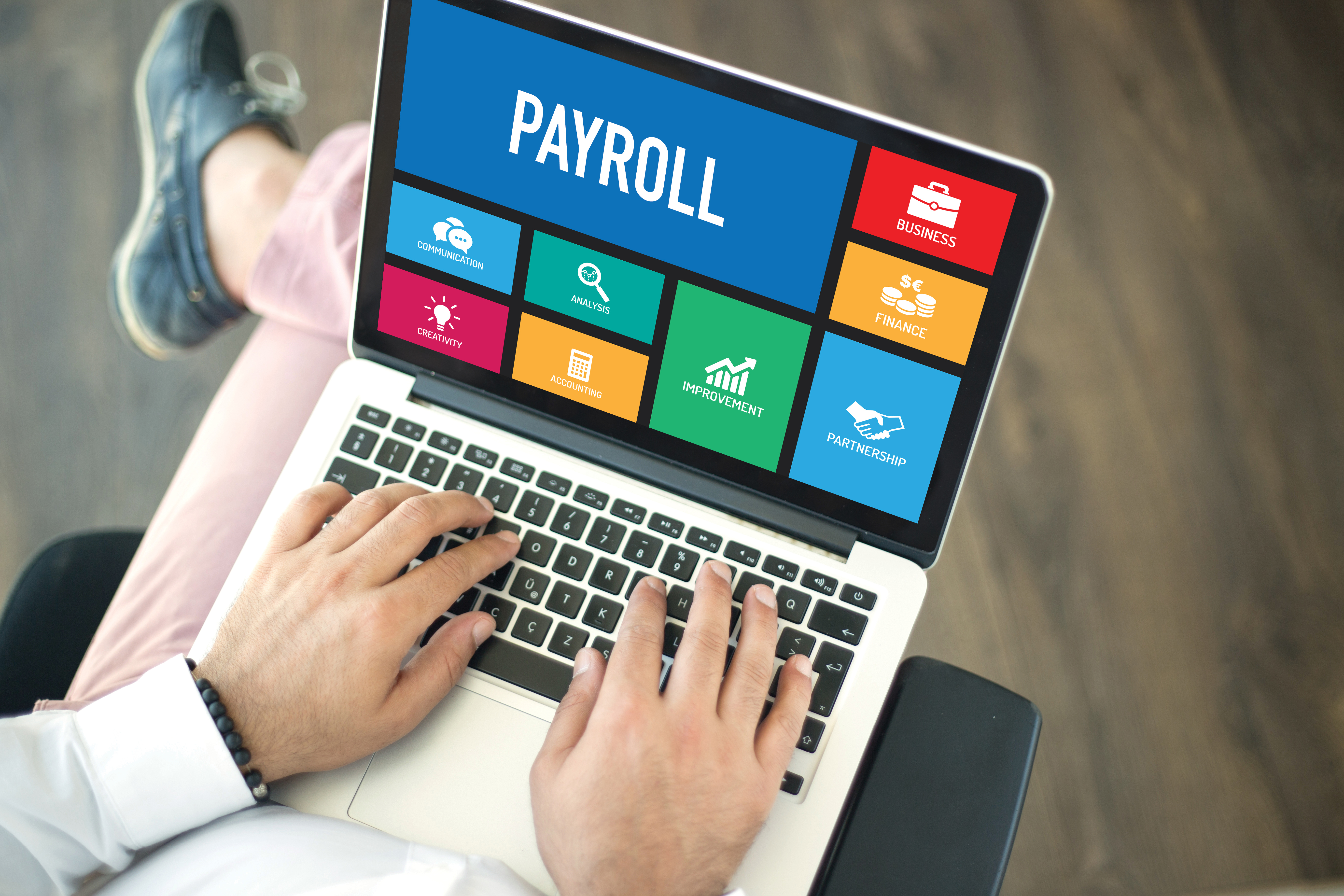
There has been a recent trend of introducing Artificial Intelligence (AI) alongside existing ERPs into workplaces to help improve processes, streamline learning, and make repetitive tasks more efficient.
As you may already know, AI refers to the ability of machines to learn and make decisions based on analytics and utilising data. Adopting AI across various facets of business is rapidly transforming the industry. The future of work is here.
Knowing about AI and implementing it in your business are two very different things. There are multiple ways to leverage it, especially if you've already invested in an ERP. If you don't have an existing ERP, you can still utilise AI to help save time and gain efficiency, but it may be harder to leverage all the benefits on its own.
The difference between AI and ERP
ERP has traditionally been responsible for organising information, generating reports, and visualising critical real-time data; in short, ERP is an important aspect of your business.
AI is not looking to replace these processes or human workers. Instead, businesses are utilising AI as a complementary service to existing ERPs to help create sustainable business improvement.
AI can help to complement existing an ERP by:
- Analysing data to gain better insights into your business
- Managing interactions both Inside and outside the workplace
- Optimising business processes and operations
- Managing projects more efficiently
- Reducing errors
Should you develop an AI strategy alongside your ERP?
In short - yes, you should.
Small and medium businesses are finding their stride within this space, as many AI tools can come at no extra cost and have low resource requirements. As a result, businesses can operate at full capacity while still achieving greater efficiency.
There are many versions of AI out there that you can benefit from, and businesses are already seeing results. They are freeing up time across workplaces to use that extra time to work towards other goals in their business, such as sales, revenue, and overall growth.
It should not be a matter of "should I be using it?" but "when can I start?"
5 ways AI can be used to complement your ERP
Many ERP systems already have some AI processes built into them, such as event driven alerts and the automatic distribution of sales and financial information. Optimising business process by providing intelligent forecasts to give clear visibility over operations and auto cataloguing/retrieval of customer document interaction are other examples.
The use of AI outside of existing ERPs is to help complement these systems and create more efficient and productive employees. There are endless AI tools out there to utilise, but the problem lies in knowing which ones are suitable for your business needs. Start small and add processes as you need them.
Here are 5 ways that AI can help leverage your business processes:
1. Customer Relation Management (CRM) and customer serviceAI can help businesses create better personalisation between themselves and their customers, including working on social media and direct-to-consumer interactions with chatbots or automatic email responses.
In addition, it can also help to identify customer communications immediately and get these sorted automatically. This helps small businesses identify the most crucial communications that require human intervention and act accordingly.
AI such as supported request chatbots, automated emails and interactive out-of-office FAQs can help customers get the help they need when staff aren't available immediately
2. Language and research
Some AI can help with streamlining research processes or checking your spelling and grammar, meaning you can spend less time trying to understand complicated tasks and commands or reading through endless pages on the internet.
3. Process optimisation and intelligent automation
AI can optimise your business processes, such as calendar, meeting scheduling, and supply chain management. For example, creating calendars, rules and habits with AI can enhance productivity in your workplace processes, meaning you have more time to spend on the more strategic workings of your business instead of the menial admin tasks.
AI automation can help streamline your processes, including data entry, inventory management and order processing. This will help to reduce time spent on manual inputs and potential errors made by doing repetitive tasks.
4. Predictive analytics
It can help to identify patterns in your work and predict future market and ERP data trends. For example, you can use AI and machine learning to help analyse customer data and sales trends. This will help you understand your business better and manage your resources more clearly for a more productive workflow.
5. Overall user experience
Enhancing your user experience with customers will benefit your business. Using AI paired with your existing ERP can help monitor customer behaviours and assess your customer's spending. It will also help to find gaps in your processes, from selling to invoicing and distribution, to ensure that any stock shortages, sales errors and sending mishaps are quickly rectified and fixed.
AI can help sales representatives with recommendations and upsell based on a customer's buying history. It can also help with the configuration of business inputs and processes.
How to get the most out of your AI
AI is a helpful tool for businesses, but it must be used correctly to be effective. It's not intended to replace creativity, intuition, or humans. To optimise AI tools, businesses should understand their needs and weaknesses and evaluate their available solutions.
Start small and support your employees through the transition. Consider the risks and rewards, set parameters and guardrails, and test your AI thoroughly and consistently to ensure compliance to achieve ethical results.
It can feel overwhelming when thinking about the endless possibilities and unknown aspects of AI, but these technological advancements are the way of the future.
ERP is a silo; its sole purpose is to help run your entire business. However, it's not the only tool in the shed. ERPs are critical for managing thousands of businesses of all sizes and are completely indispensable to the entities that use them, just as AI is proving to be.
While the prospect of a system overhaul and ERP implementation may sound scary or risky, it doesn't need to be. There are platforms, like SAP Business One, that are designed specifically for small businesses. And with the right advisory and support, my team and I can help you to implement your ERP in a way that will allow you to adapt to the changing needs of the business landscape and make the most of AI.
To find out more about SAP Business One or how you can utilise AI in your business, you can contact us here for a chat.







